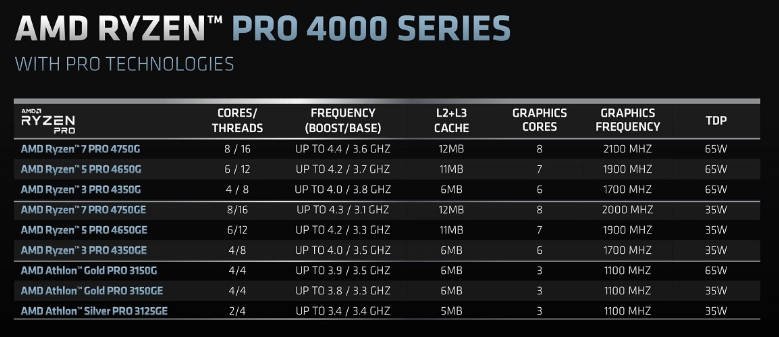
How an Electronic Health Record (EHR) System Can Ensure Better Service at Your Mental Health Practice
The modern healthcare landscape is rapidly evolving, and technology has become an indispensable tool for enhancing patient care and streamlining administrative processes. This holds particularly true for mental health practices, where the need for efficient management of patient information among healthcare providers is paramount.
According to the National Institutes of Health, more than one in five American adults live with a mental illness. Based on this observation, it’s found that in 2021, around 57.8 million US adults had at least one mental health problem.
Statista reports that as of 2020, the US had around 12,275 registered mental health treatment facilities. As the situation with people’s mental health worsens, the number of these facilities is likely to increase.
However, to ensure efficient services at these facilities, the service providers need to invest in modern technology. One such technology that has revolutionized the way mental health services are delivered is the electronic health record (EHR) system.
In this article, we will explore how an EHR system can ensure better service at your mental health practice.
Comprehensive Patient Information Management
An EHR system provides mental health professionals with a centralized platform to efficiently store, access, and manage medical records and patient data. This includes basic demographic details and crucial clinical data like medical history, previous diagnoses, treatment plans, progress notes, and medication records.
Therapists, psychiatrists, and other healthcare providers can put all this information to good use. They can use it to make informed decisions regarding patient care. That, in turn, leads to more accurate diagnoses and even personalized treatment approaches.
Seamless Interdisciplinary Collaboration
Mental health treatment often involves a multidisciplinary approach, with therapists, psychologists, psychiatrists, and other specialists working together to provide holistic care. An EHR system facilitates seamless collaboration by allowing different healthcare providers to access and update patient records in real-time. This ensures that all professionals involved in a patient’s care are on the same page, leading to more coordinated and effective treatment plans.
Enhanced Treatment Planning and Monitoring
Customized treatment plans are integral to effective mental health care. The right electronic health record service enables mental health practitioners to create and modify treatment plans based on each patient’s unique needs. Moreover, these plans can be easily monitored and adjusted as necessary, thanks to the system’s ability to track patient progress and outcomes over time.
According to Psyquel, EHR software works somewhat like a passport that unifies treatment solutions. The patient data, shared by multiple parties involved in the treatment, is used more efficiently in treatment planning when an EHR system is involved. This dynamic approach enhances the quality of care and allows for timely interventions if a patient’s condition changes.
Accurate Medication Management
For patients requiring medication as part of their treatment, accurate medication management is crucial. EHR systems help mental health practices avoid errors by maintaining up-to-date medication lists and dosages. They also support electronic prescribing, which reduces the risk of prescription errors and enhances patient safety.
EHRs also provide alerts for potential drug interactions or allergies. Using electronic health records like this ensures that mental health professionals make well-informed decisions when prescribing medications.
Enhanced Privacy and Security
Confidentiality is a cornerstone of mental health practice. EHR systems prioritize patient privacy by offering robust security features. Since EHR systems have access controls, care providers can limit who can view and edit patient records. Because of this, it becomes easier to protect sensitive information.
By maintaining strict security measures, EHR systems bolster patient trust and confidence in the healthcare provided.
Data-Driven Decision Making
EHR systems are not just repositories of patient data. They also offer valuable insights through data analysis. Mental health practices can use these systems to generate reports on patient outcomes, treatment effectiveness, and clinic performance.
By analyzing this data, practices can identify trends, refine treatment approaches, and allocate resources more effectively. Data-driven decision-making not only enhances the quality of care but also contributes to the overall growth and sustainability of the practice.
Conclusion
According to Grand View Research, the global EHR market was valued at around $28 billion back in 2022. In the next few years, this market value is expected to increase manifolds. This is a positive sign highlighting the fact that more and more healthcare facilities are adopting EHR systems in their daily operations.
Thus, it’s clear that having an EHR system will only improve the quality of the daily operations at your mental health facility. As that happens, your facility will be easily able to improve the quality of its service and ensure patient satisfaction.


